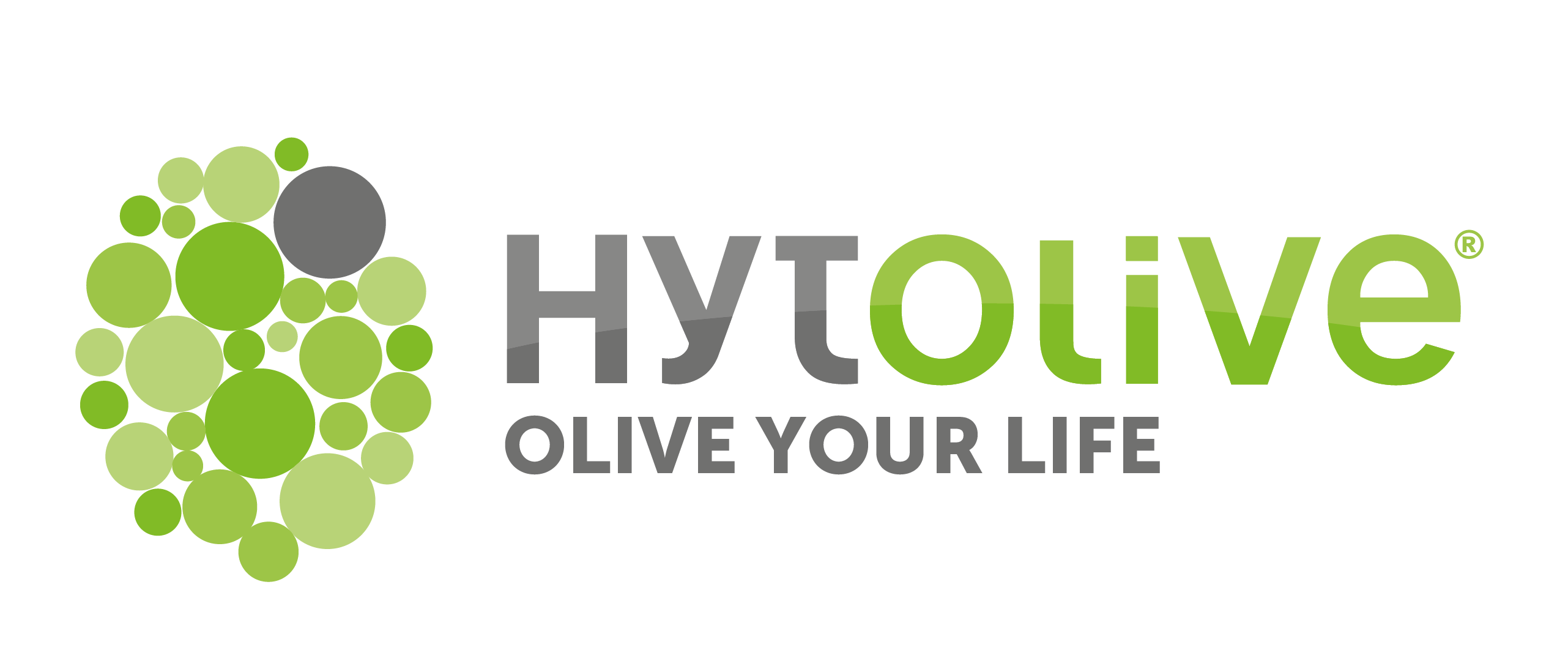-
Ingredient SolutionsQuickly narrow your search. Browse products in our sortable catalog. View Catalog
-
ApplicationsQuickly narrow your search. Browse products in our sortable catalog. View Catalog
-
ResourcesRecently Posted
-
PLT People & Planet
-
About
Our international network, passionate team of experts and extensive industry knowledge is what sets us apart.
 Seth FlowermanCEO
Seth FlowermanCEO
A thromboxane effect of a hydroxytyrosol-rich olive oil wastewater extract in patients with uncomplicated type I diabetes

A thromboxane effect of a hydroxytyrosol-rich olive oil wastewater extract in patients with uncomplicated type I diabetes
Léger CL, Carbonneau MA, Michel F, et al.
Eur J Clin Nutr. 2005;59(5):727-730. doi:10.1038/sj.ejcn.1602133
Abstract
Objective: To assess the antioxidant/non-antioxidant effects of a hydroxytyrosol (HT)-rich phenolic extract from olive mill wastewaters administered with a breakfast.
Design, setting and subjects: Five type I diabetic patients received 25 mg of HT the first day and 12.5 mg/day the following 3 days. Blood sampling was carried out at T(0) (baseline) and T(4d) just before the breakfast + HT administration and at time points 1, 2, 3 and 4 h after T(0). Urines (24-h) were collected from T(0) to T(4d). Baseline HbA1c was generally inferior to 10%, glycemia was within the range 6-24 mmol/l, whereas total cholesterol, HDL-chol and triglycerides were normal.
Results: The major finding was the 46% decrease in the serum TXB(2) production after blood clotting at T(4d). Plasma vitamin A, E, beta-carotene were not changed. Vitamin C tended to increase (P = 0.075). Plasma antioxidant capacity was enhanced at T(0)+1 h only, whereas its main determinants (albumin, bilirubin, uric acid) were not modified. Urinary 8-isoPGF(2alpha) levels were highly variable and were not affected significantly by HT administration.
Conclusion: The major effect of HT accounts for an antiaggregating platelet action, leading to a possible prevention of thrombotic and microthrombotic processes.














